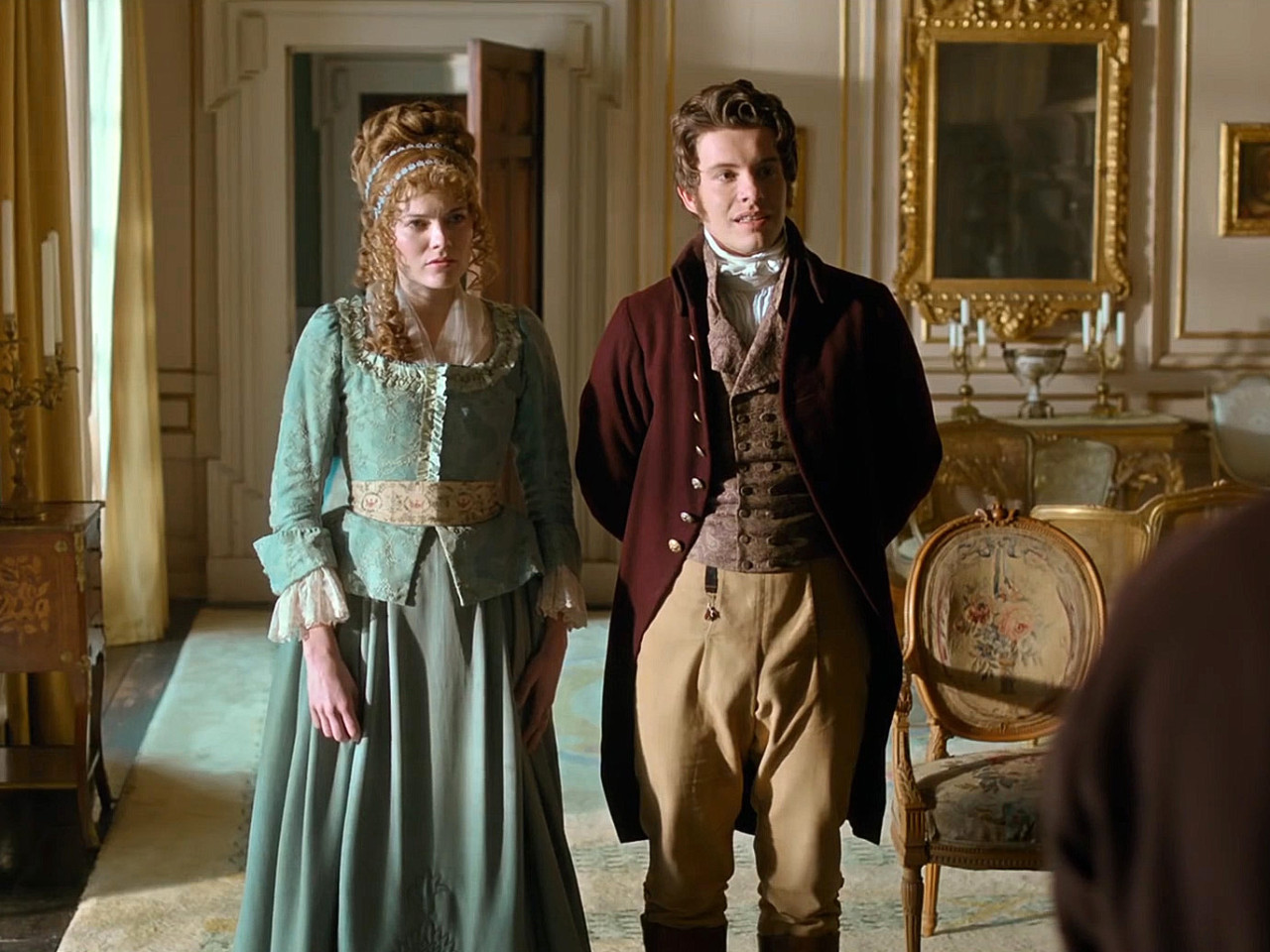


She also has a 16-year-old daughter, Frederica, whom she’s attempting to force into a marriage with a rich simpleton. Irked that her sister-in-law suspects the truth, Lady Susan sets about conquering the heart of her hostess’s handsome younger brother. The rest of the novella plays off the contrast between Lady Susan’s highly persuasive imitation of a virtuous, sensitive, and put-upon gentlewoman and the blithely self-justifying opportunism she only expresses to her trusted co-conspirator. Johnson (transformed into an American and played by Chloë Sevigny in the film), reveals the truth: Lady Susan was forced to find a new place to stay when her flirtations with both her host and his daughter’s fiancé alienated the ladies of the house. However, a subsequent letter she writes to her close friend, Mrs. Lady Susan, played by a sparkling Kate Beckinsale in the film, claims to be seeking the “delightful retirement” of her brother’s establishment and the chance to acquaint herself with his wife and children. Lady Susan covers a few months in the life of its title character, a widow of 10 months who arrives at her brother-in-law’s country house after making a hasty departure from the stately home of some friends. (Confusingly, Stillman has given his film the title of a different story, one that Austen wrote at age 14.) Many Austen admirers haven’t even read the novella, and yet of all her works, Lady Susan is the best-suited for a Stillman adaptation. Although Austen, who wrote the manuscript when she was about 19 or 20, liked it well enough to hold onto it, she never tried to publish it. (Stillman’s novel begins with a parody of that dedication.) The work the director chose to adapt, Lady Susan, is a bit of Austen juvenilia, a novella published by her descendants after her death. He knows, for example, that Austen reluctantly dedicated Emma to the Prince of Wales, another big fan, even though she deplored his treatment of his wife. Stillman worships Austen, and his new film Love and Friendship (opening Friday) as well as his novelization based on the movie show a deep familiarity with her life, work, and times. Their concoctions feature intelligent, unshowy heroines. Both artists’ comedies of manners, set among small communities of the (more or less) privileged, strike an exquisite balance between ironic worldliness and sincerity. A Whit Stillman film of a Jane Austen novel: To fervent fans of the director of Metropolitan and The Last Days of Disco, this describes a union as devoutly wished for as the marriage of Elizabeth Bennet and Mr.


 0 kommentar(er)
0 kommentar(er)
